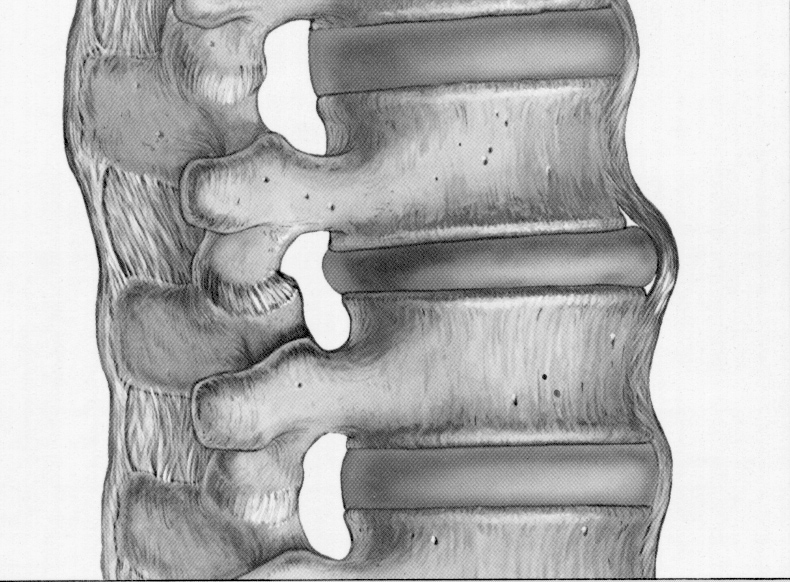Minerals
Chromium is an essential mineral important for regulating sugar metabolism. Because the average American diet lacks adequate chromium, and because a high prevalence of metabolic issues existing in this country, chromium is needed more than ever to assist. In addition, large intakes of refined carbohydrates actually depletes chromium stores in the body. Chromium works closely with insulin to help cells utilize glucose (blood sugar). Those with blood sugar issues should consult their health care practitioner before using this product.
Minerals are necessary for the proper composition of body fluids and tissues, including blood, bone, teeth, nerves, and muscles. Minerals are also critical in maintaining healthy nerve function, the regulation of muscle tone, supporting a healthy immune, cardiovascular, and endocrine system. Macro and trace minerals are needed in different quantities to support overall good health. Macrominerals include calcium, phosphorus, and magnesium, and trace minerals include zinc, copper, and selenium. Our Daily Essential Minerals product is formulated to support nutritional gaps in the diet by providing a wide spectrum of macro and trace minerals including a blend of 72 trace minerals.
Daily intake of Magnesium (Mg) is 420mg for men and 320mg for women. However, recent reports estimate that many Americans do not consume the recommended daily amount of Mg. Part of the problem stems from the soil used for agriculture, which is becoming increasingly deficient in essential minerals. Moreover, the Western diet contains more refined grains and processed food. Estimates are that 80–90% of Mg is lost during food processing. Vitamin D is often obtained from sunlight or liver and fatty fish. Most vitamin D from plants is in the form of Vitamin D2 and must be converted to D3 in the body. This product combines two of our best sellers and includes BioPerine®, a natural extract known...Full Details
Kelp is a naturally rich source of nutrients, especially iodine. A healthy thyroid requires iodine to function properly. It utilizes iodine to manufacture the hormone thyroxine which supports metabolism. Our Kelp tabs provide a natural source of iodine.
